Ditching 'Anthropocene': Why Ecologists Say the Term Still Matters
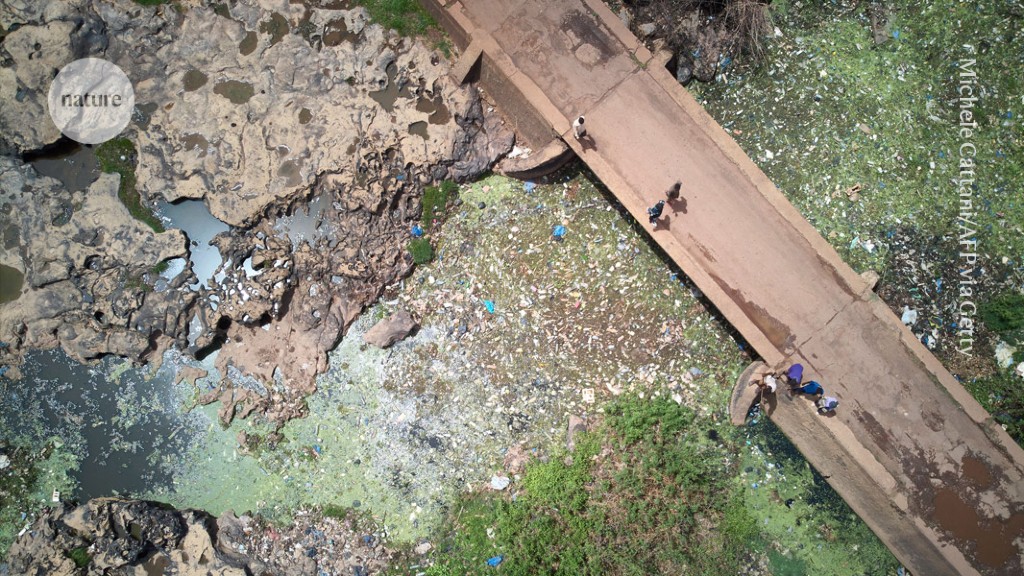
Send us a link

For the first time, technology has been singled out as a flashpoint for global security. German science minister Bettina Stark-Watzinger will tell the conference she wants ‘increased action’ on research security.
Denmark has the largest share of female scientists and engineers, and Hungary the smallest.
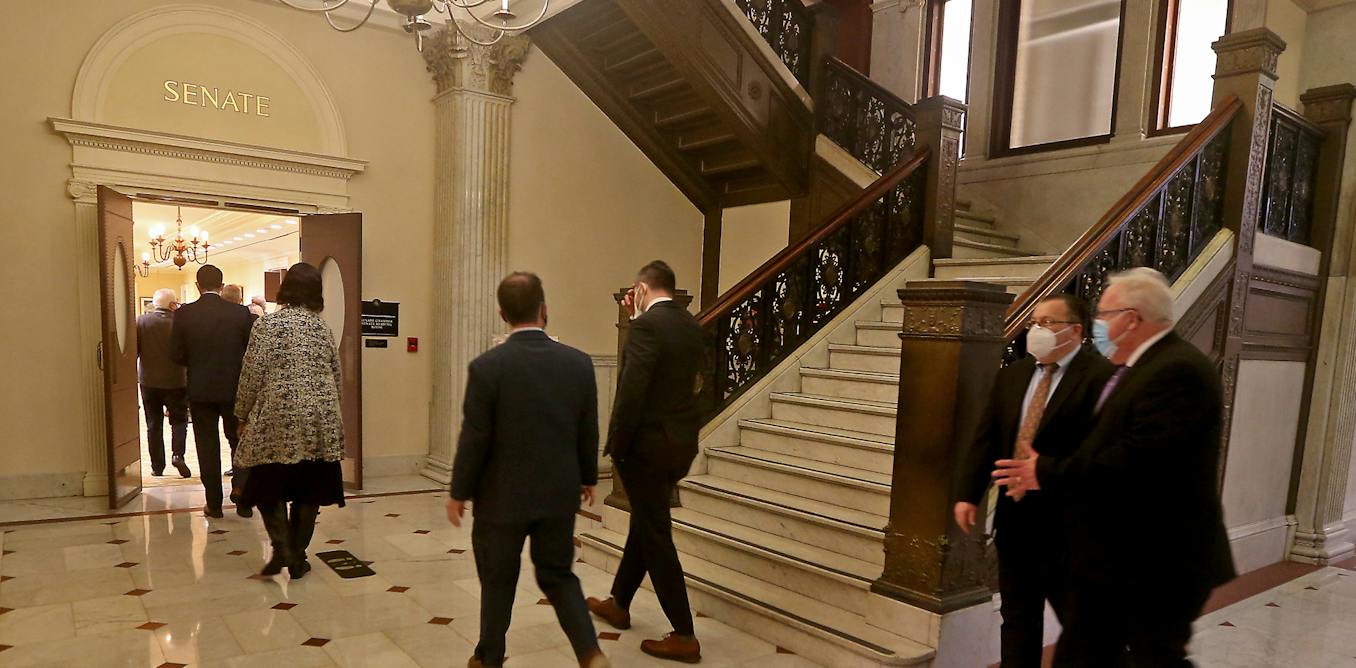
Hear the biggest stories from the world of science.
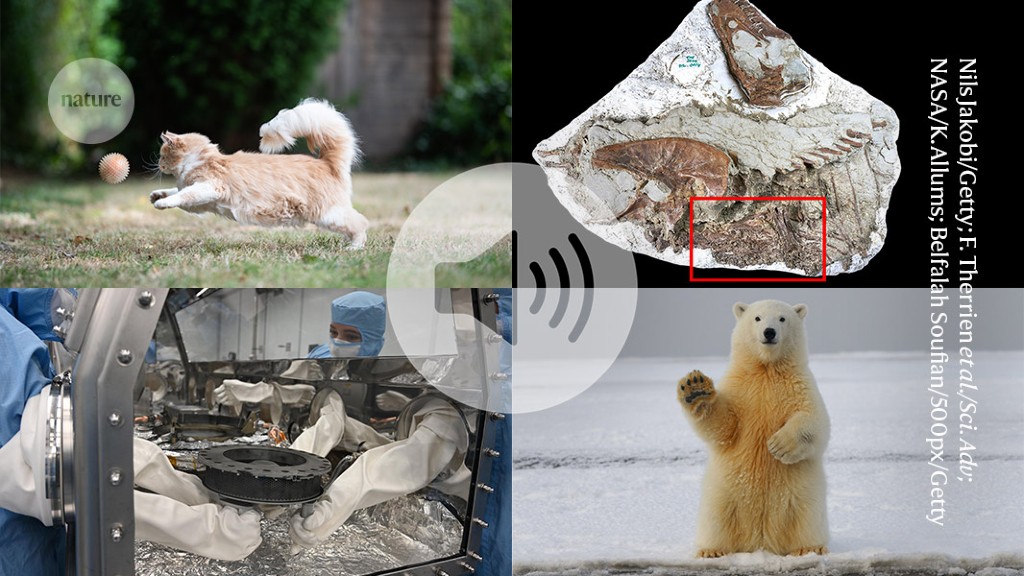
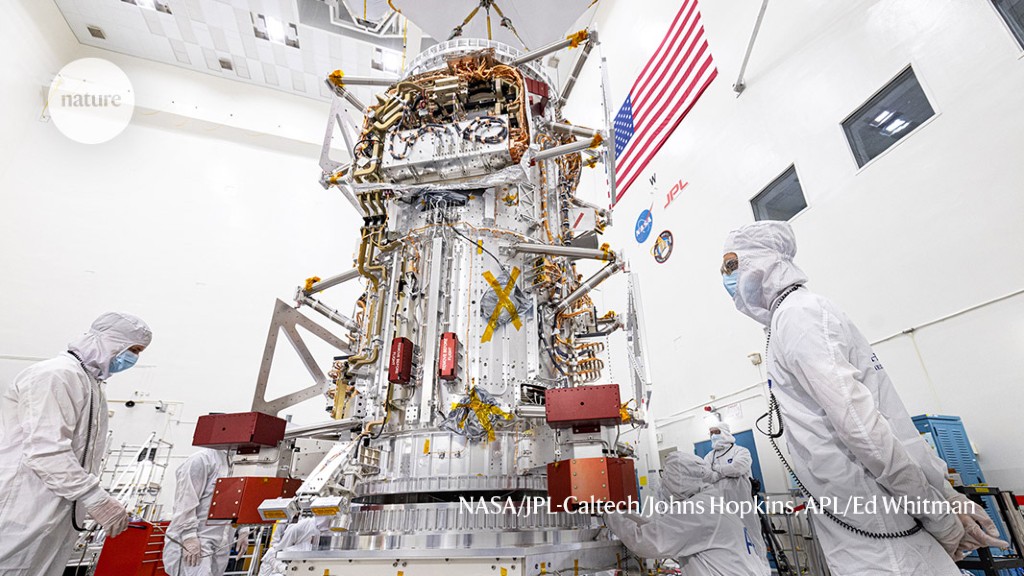
2023 has been one of the most interesting and intense years in European and international research and innovation policy.
New research is revealing surprising complexity in the minds of goats, pigs, and other livestock.
An analysis of EU funded research shows how inequalities continue to persist within the funding landscape and how attempts to create representative research projects can still reproduce research framed largely by the interests of elite countries and institutions.
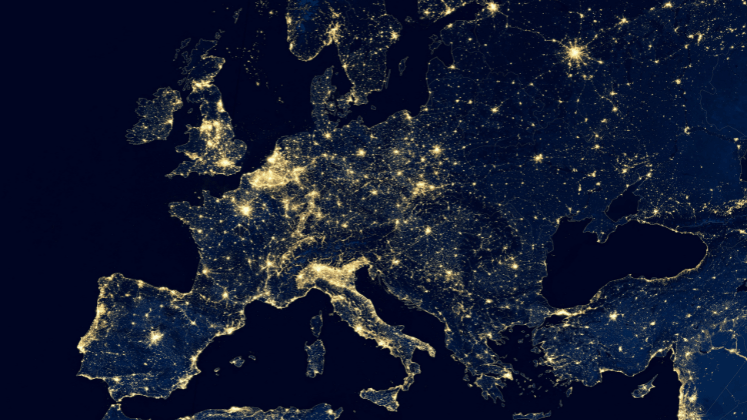
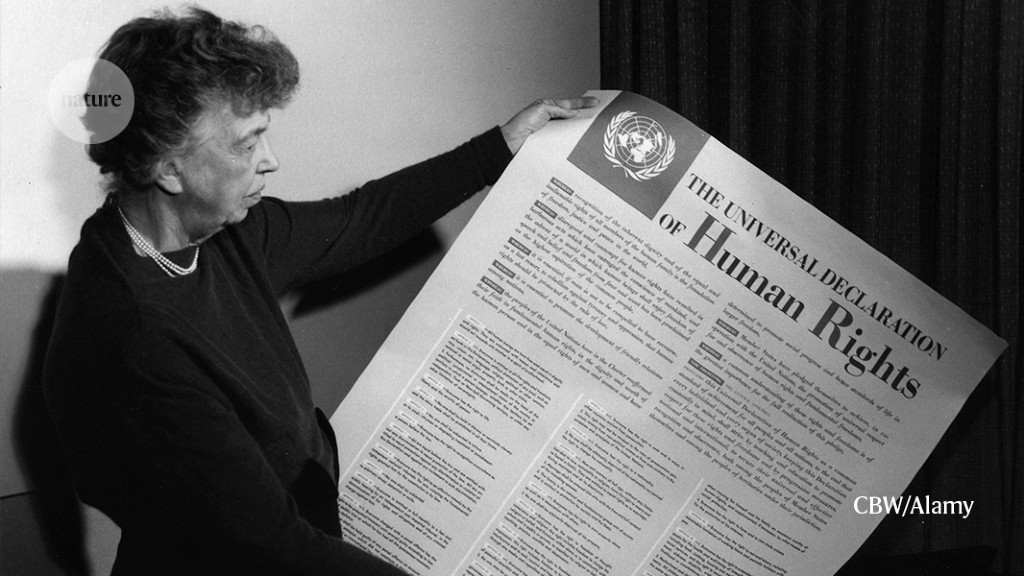

Many research projects draw on sources of funding from the corporate world. Fola Adeleke discusses the challenges inherent to this kind of research and outlines three key considerations for researchers engaging with corporate partners.

Japan’s contribution to world-class research continues to decline, despite having one of the world’s largest research communities, according to a report by the Japanese Ministry of Education, Culture, Sports, Science and Technology.



The Manhattan Project is often invoked as a model for mission-driven research projects, such as the search for a Covid-19 vaccine. Daniel P. Gross and Bhaven N. Sampat argue that the broader U.S. approach to mobilising science and technology in World War II, led by the Office of Scientific Research and Development (OSRD), provides a better analogy for some contemporary R&D problems.
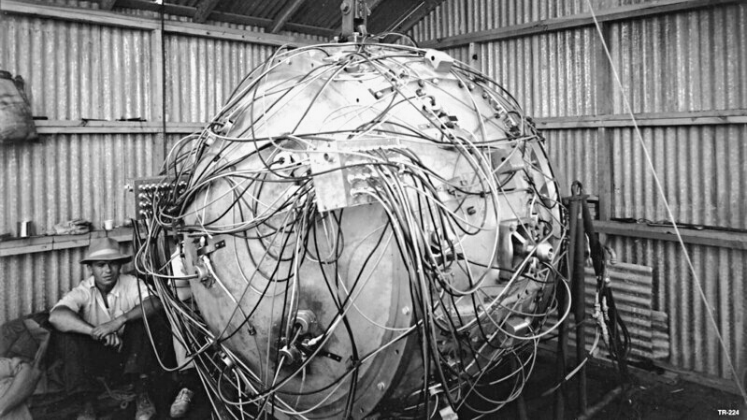
The study investigates whether the differentiation in the research function of UASs is reflected in their participation in the European Union Framework Programs for Research and Innovation (EU-FPs).

